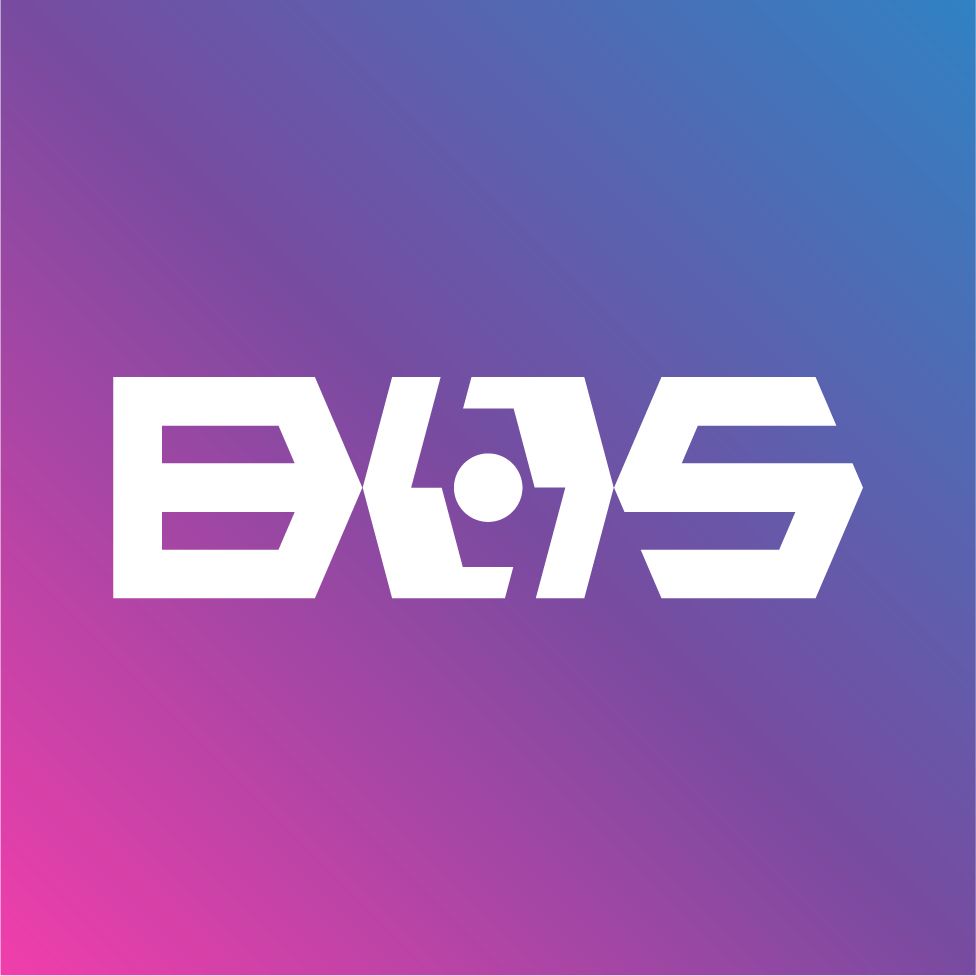183 reads
Providing Decentralized Insurance Services Worldwide with Hybrid Smart Contracts
by
December 22nd, 2022
Audio Presented by

The Blockchain Oracle Summit is the only event in the world to focus solely oracles.
About Author
The Blockchain Oracle Summit is the only event in the world to focus solely oracles.
